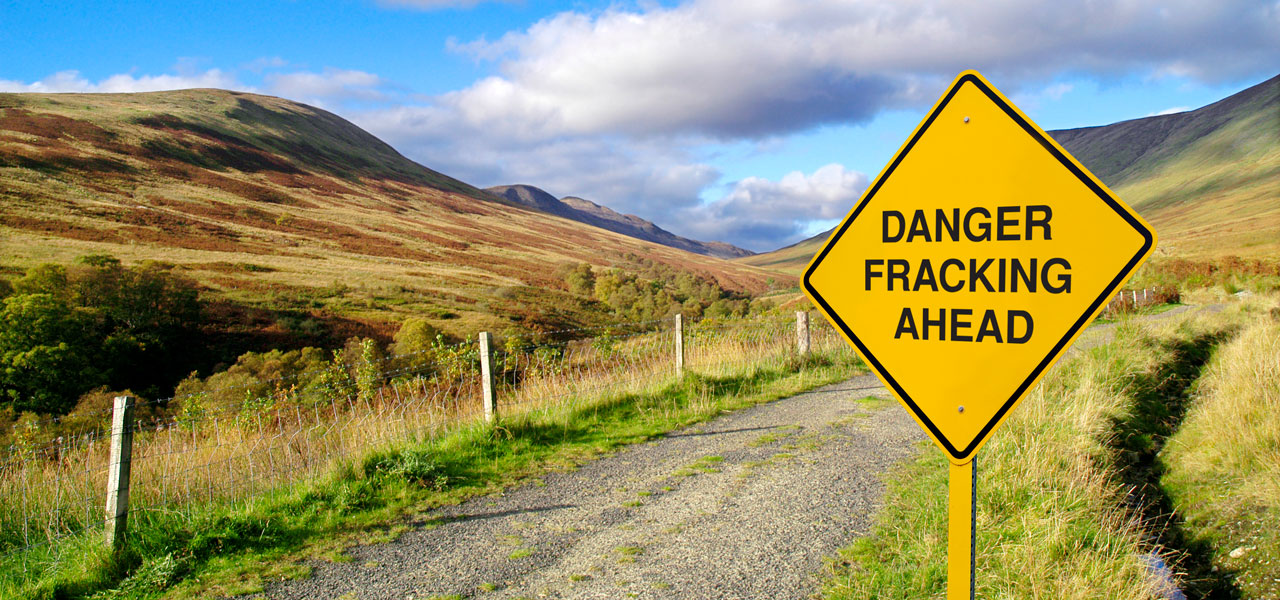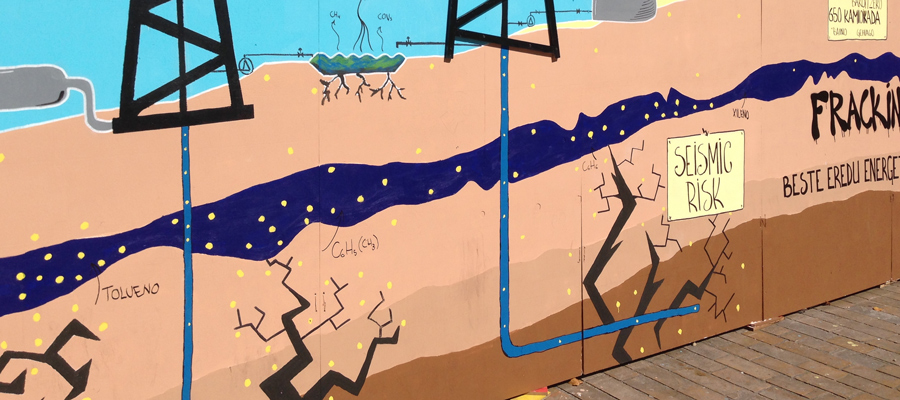The time to act is now: Fracking risks do not require further study

When British Columbia’s new government took office in July 2017, one thing was notably absent in the mandate letter delivered by Premier John Horgan to the province’s new energy minister.
Hydraulic fracturing—or fracking—was mentioned not once. Nor did the letter acknowledge that months earlier the New Democratic Party had committed to appoint a scientific panel to review the controversial oil and natural gas extraction process should it form government.
The conspicuous absence of any mention of the review clearly signaled that the government had no appetite to delve into the ecological, economic and human health and safety consequences of fracking — a practice that has triggered earthquakes, contaminated water supplies, and ruined farmlands the world over.
In the following months, the new government stuck closely to the previous government’s playbook of offering one subsidy after another to companies that might build liquefied natural gas (LNG) plants in BC, a move that would require huge increases in fracking in order to supply raw gas to the new plants.
Last October, the efforts of Liberal and NDP governments alike culminated in the announcement by a consortium of fossil fuel companies that they would spend billions to build the massive LNG Canada facility in Kitimat.
At the signing ceremony, Premier Horgan called it “a great day” for British Columbians.
Half a year earlier, however, the government had been forced to appoint the promised scientific review panel to investigate a limited number of issues surrounding fracking operations.
The government was forced to do so because the organization I work for and many others including public health, First Nations, environmental and labour organizations, had called the government to task for dropping its commitment to such a review.
Our call came after independent investigations revealed that fossil fuel companies had built dozens of illegal dams in the province’s northeast to trap water used in fracking operations and that the same companies had triggered earthquakes, contaminated groundwater and increased human health risks in proximity to their gas-drilling and fracking operations.
We advocated then—as we do now—for a full public inquiry into all aspects of fracking, one in which witnesses would be compelled to testify if necessary and to testify under oath.
Instead, the government reluctantly appointed the promised scientific review panel giving it an extremely narrow mandate that did not include public health issues or the cumulative impacts to air, land and water.
The panel’s subsequent report flagged dozens of concerns about the numerous “unknowns” associated with fracking. Award-winning investigative journalist and author Andrew Nikiforuk has done more than anyone in Canada to shed light on the earthquakes triggered by fracking operations. He found that in the 232 pages of the science panel’s report, there were 130 instances where the panel flagged “concerns”, particularly around water usage, seismic hazards and gas migration.
Five months after receiving the report, on the Thursday afternoon leading into the Canada Day long weekend, the government issued its short response to the panel’s report, a response that could be distilled down to two words: “more study.”
More study of water in streams and rivers. More study of groundwater. More study of zones that may be prone to earthquakes induced by fracking.
More study means more delay. And more delay means further advancement of LNG export projects that will be entirely dependent on more fracking for their gas supply.
That in turn means more earthquakes of “unknown” magnitude, increased water contamination and escalating greenhouse gas emissions.
We need no further study to know this. The world over, dangerous outcomes follow on the heels of fracking, including deaths in China last year liked to fracking-induced earthquakes.
Real leadership on this file requires our government to publicly acknowledge the risks and to advance concrete plans to eliminate them. The time for study is over.
Topics: Environment, resources & sustainability, Fracking & LNG


